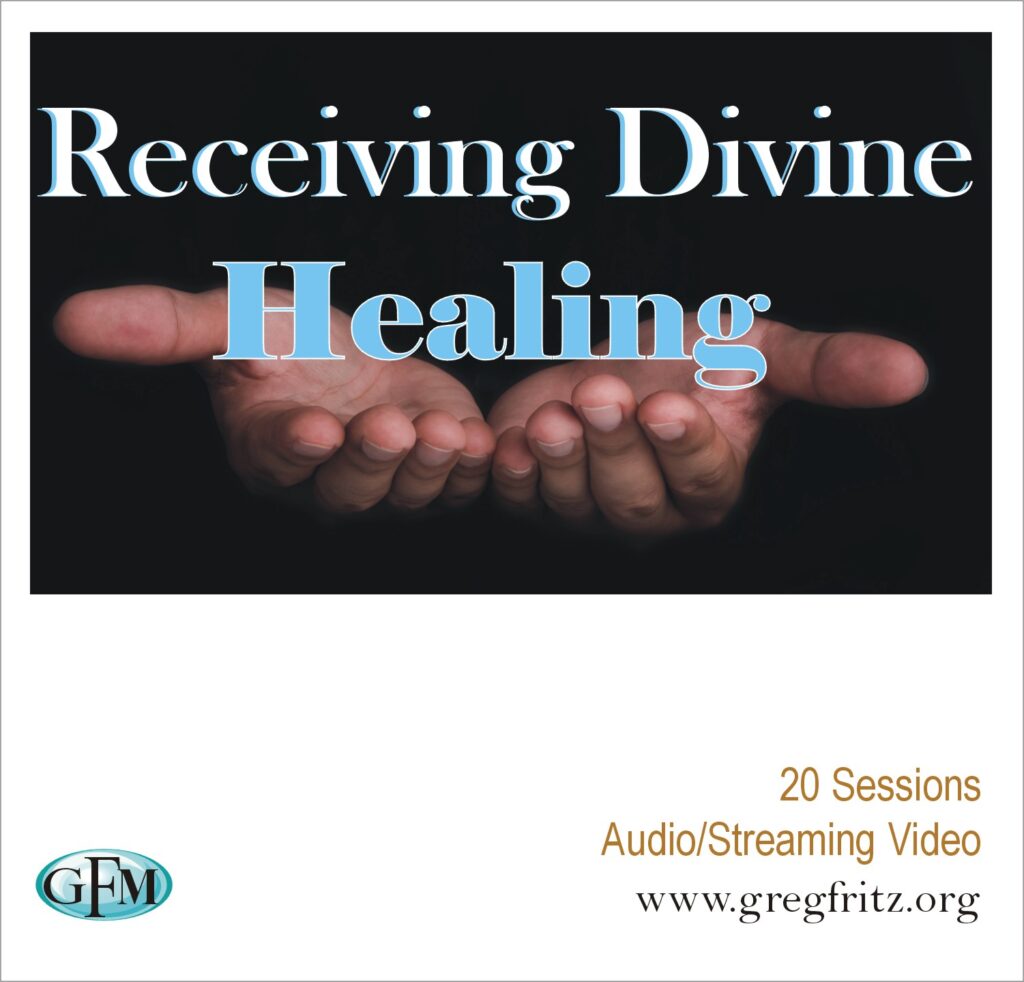Healing can be received by faith.
One of the fundamental ways to receive healing is through faith. Faith is the unwavering belief in God’s power to heal and make whole. It is the assurance that, with God, all things are possible. Everyone who came to Jesus in faith received their healing.
Can healing be received any other way? Yes!
On the other hand, the gifts of healing can occur without the recipient’s faith being a significant factor. A prime example of this can be found in John 5, where the pool of Bethesda held the potential for miraculous healing. The angel troubling the water was a sign, and anyone could be healed when the angel troubled the waters, regardless of their personal faith.
Jesus healed a lame man who had no faith of his own. He was the only one healed among a multitude of sick people gathered at the pool, illustrating that gifts of healing can manifest irrespective of personal faith.
Acts 3 recounts the story of a lame man who sat by the Temple Gate daily. He had been lame from birth, and he had no expectation of healing. While he was seeking money, he unexpectedly received healing from Peter and John. No one else was healed that day, even though many people came to believe in God.
The lesson here is that not everyone in need of healing was healed. Sometimes, the miracle comes to specific individuals and not all will experience it.
The gifts of healing are often more frequently in operation for unbelievers and those who don’t yet fully understand the truth of faith and healing. This aligns with 1 Corinthians 12:6-11, which speaks of spiritual gifts distributed as the Spirit wills.
An example of this is found in the story of Nineveh. Despite their ignorance and lack of faith, God showed the people of Nineveh mercy, as evidenced in Jonah 4:11. This suggests that the gifts of healing are not limited to those with strong faith.
The story of the prodigal son’s older brother in Luke 15 shows us that we don’t have to wait until we hit rock bottom or have a terminal illness before we believe and receive from God. Waiting for our circumstances to deteriorate is not a prerequisite for experiencing healing and blessings. The prodigal son’s older brother had the fatted calf all along and could’ve killed it and thrown a party at any time!
It’s essential to differentiate between believing in healing and believing for healing. We can believe God has the power to heal and never manifest our healing. We must be fully persuaded healing is for us, and truly believe we are healed when we pray. Many Christians only attempt to receive healing by faith when they have no other choice, failing to exercise faith in healing until then.
In Luke 13:10-17, we see an example of deductive reasoning in action. A woman, bound by an infirmity for eighteen years, was deemed a daughter of Abraham. Deductively, it was reasoned that if she was a daughter of Abraham, she “ought” to be loosed from her infirmity—even on the Sabbath. Galatians 3:16 and 3:29 further reinforce this reasoning, stating that those who belong to Christ are also Abraham’s seed and heirs according to the promise.
Therefore, all children of Abraham “ought” to be free from infirmity. The conclusion drawn is that we have a right to be free from infirmity!
Faith requires action. Those who received healing through faith didn’t wait for Jesus to come to them; they went to Him. Examples include Jairus in Mark 5:22, the woman with the issue of blood in Mark 5:25, and the Canaanite woman in Matthew 15:22.
Unbelief can hinder healing—even in Jesus’ healing ministry, as seen in Mark 6:5 and Matthew 13:58. Praying without full conviction that healing is God’s will is like planting no seed and expecting a harvest. Sincerity alone won’t yield results.
James 5:15 teaches us about the power of the prayer of faith.
And the prayer of faith will save the sick, and the Lord will raise him up. And if he has committed sins, he will be forgiven. —James 5:15 NKJV
This doesn’t say that the prayer of faith might save the sick or that it can or could save the sick. It says it will save the sick.
However, doubt can undermine this prayer, as emphasized in James 1:6-7. Many Christians are ready to pray but are not prepared to believe they receive when they pray. Mark 11:24 tells us, “Therefore I say to you, whatever things you ask when you pray, believe that you receive them, and you will have them.”
Don’t pray the prayer of faith until you are fully persuaded.
Abraham is a great example of being fully persuaded. Romans 4:19-21 demonstrates the importance of unwavering faith and the conviction that God is able to perform what He has promised. Abraham didn’t even consider his own body or the deadness of Sarah’s womb, which were both well past childbearing years. Yet, he believed God’s promise and they received their child of promise—Isaac—and gave glory to God.
Faith must be cultivated.
Strong faith in one area doesn’t guarantee the same strength in another. Just as being skilled in basketball doesn’t make you an expert in baseball, having strong faith in one aspect requires nurturing the corresponding Word of God. You can have strong faith in the area of finances and yet have very little faith in the area of healing.
Receiving healing is a journey that takes faith. The key is to believe, become fully persuaded of God’s promise of healing in His Word, and then act on it. Healing is not just an event but a process of aligning your faith with God’s promises and taking active steps to receive it. By understanding these principles, you can receive your healing and experience the inheritance God has for you.



I am so blessed with this article. So encouraging and uplifting. Praise God for the gift of healing. Thank you GregFritz Ministry. Blessings from the Philippines.